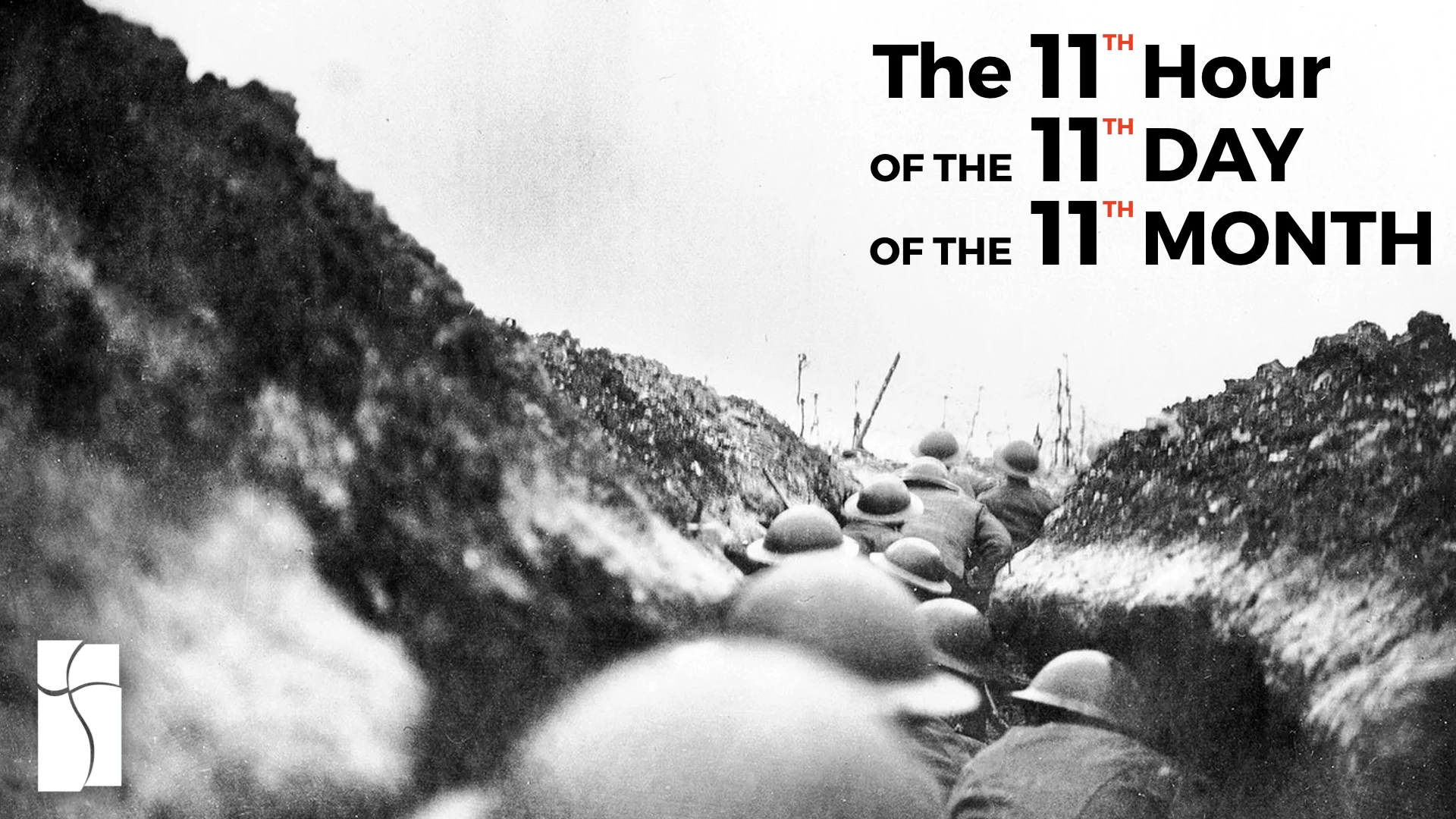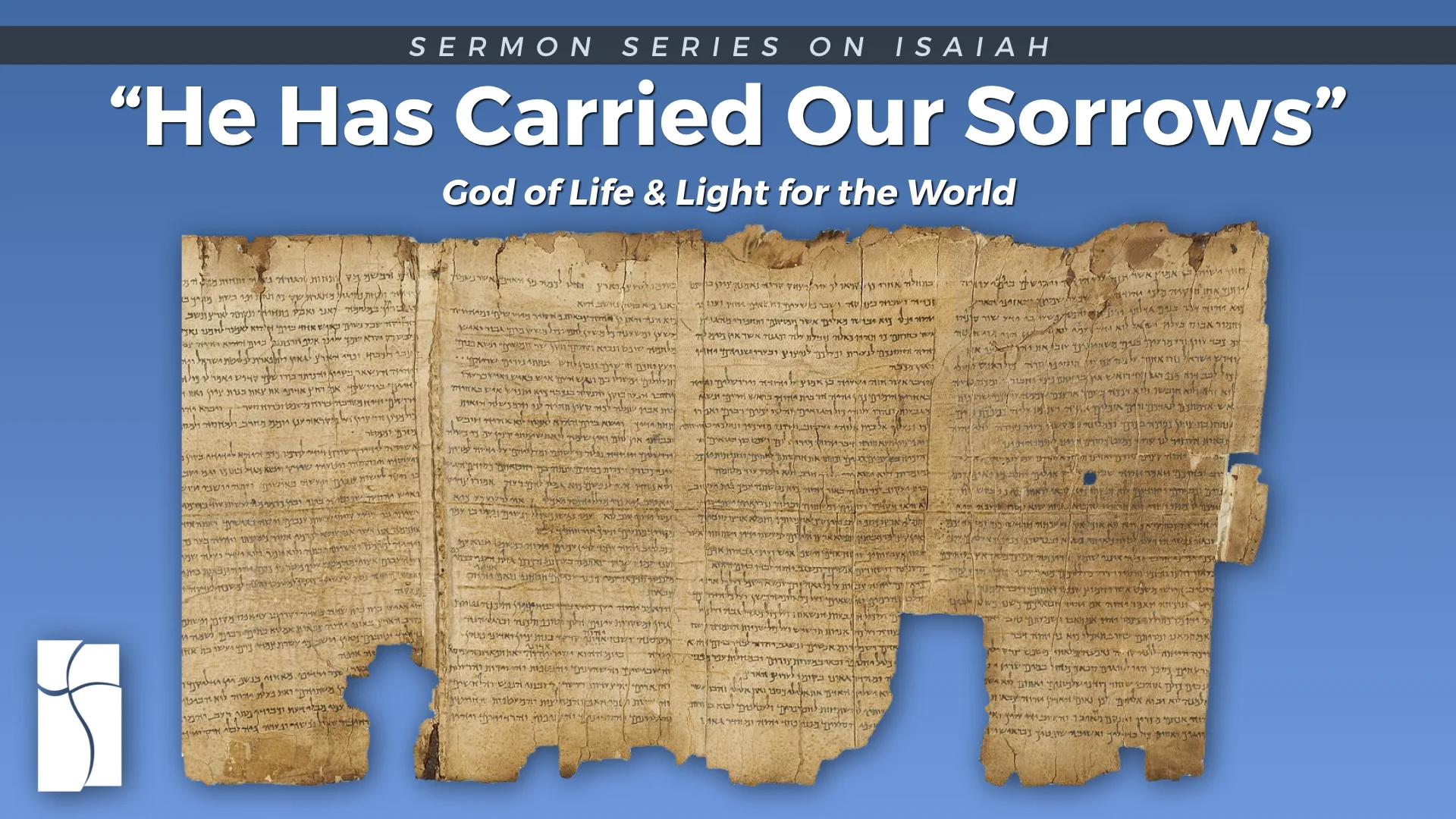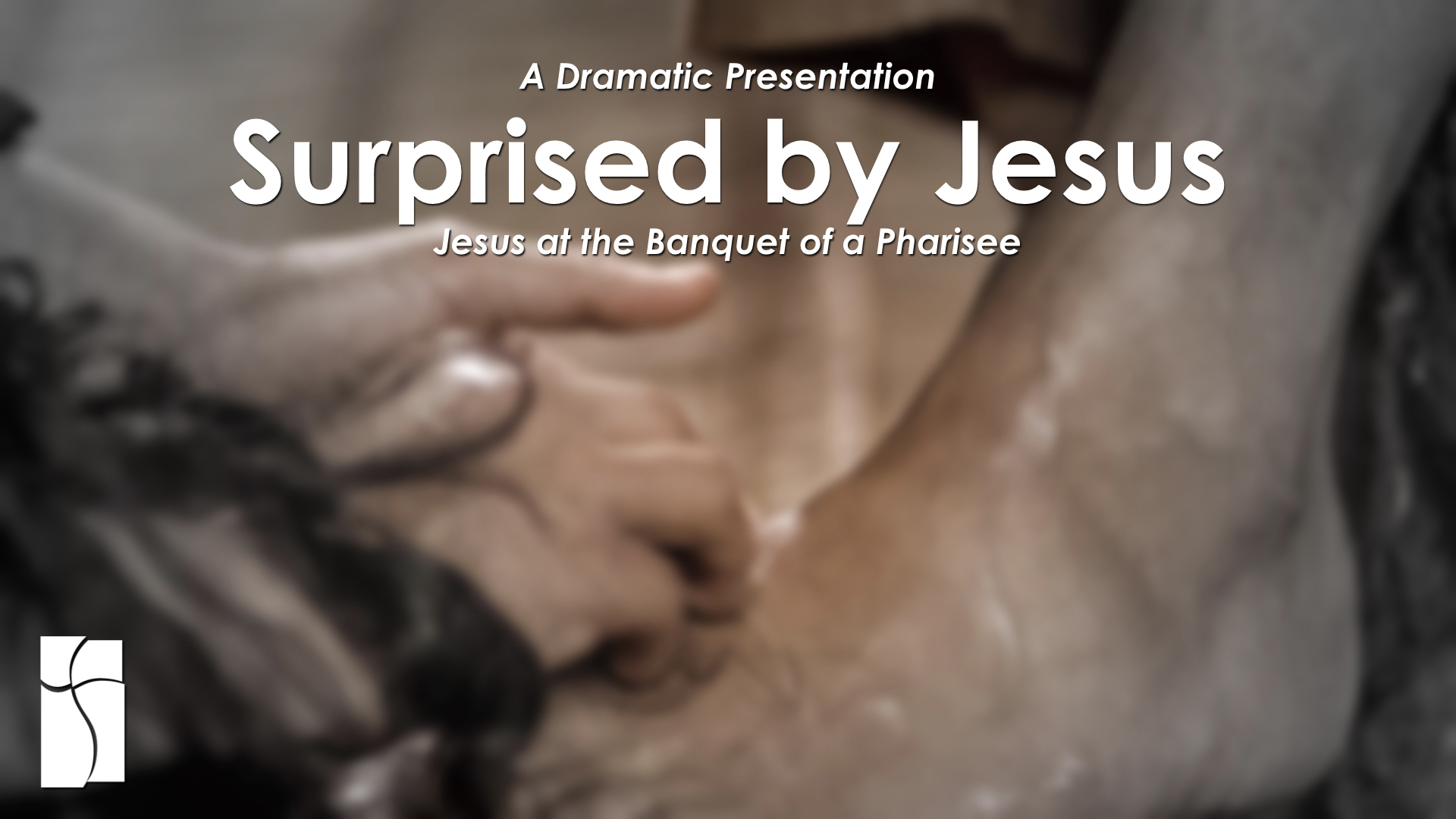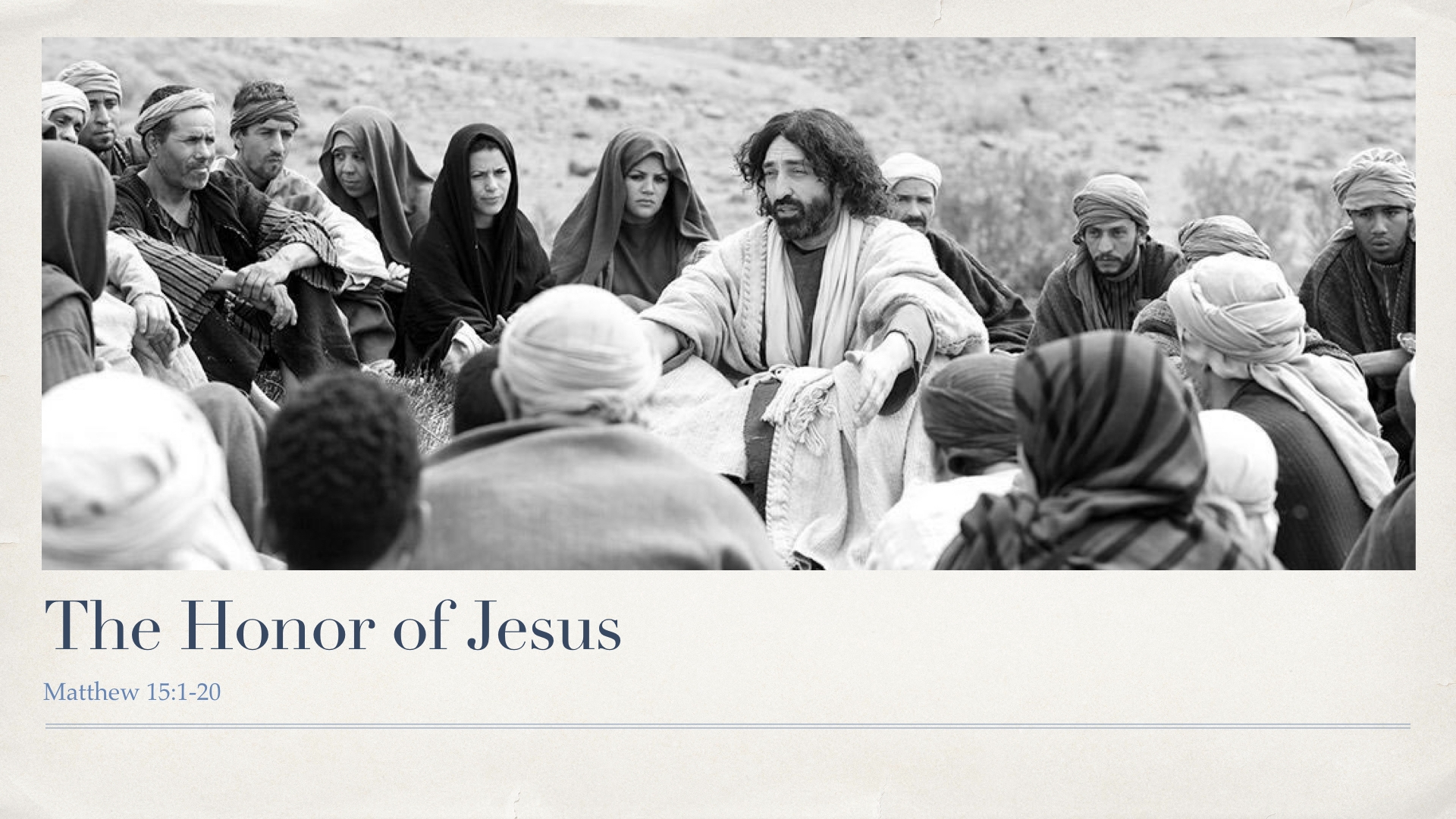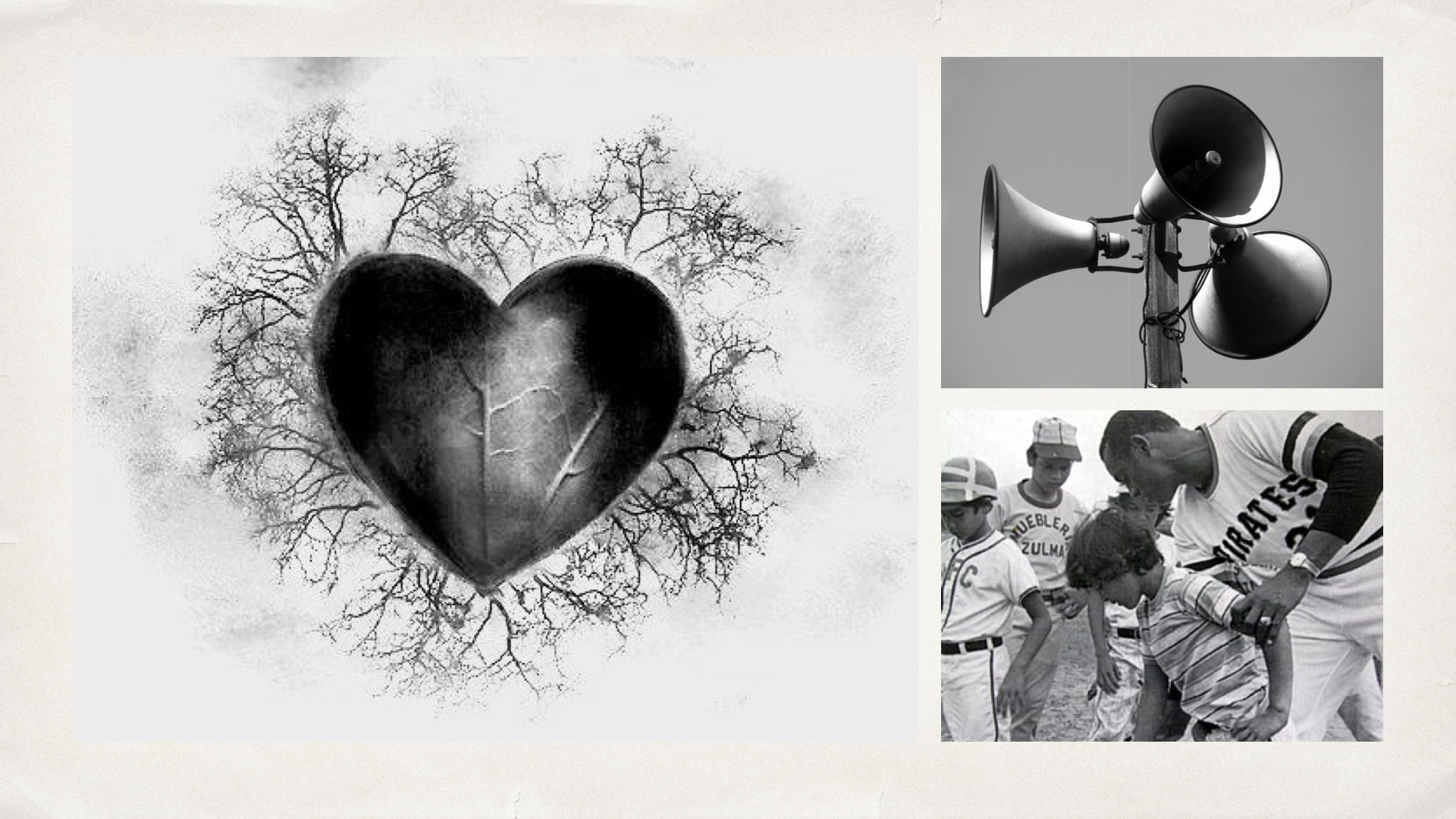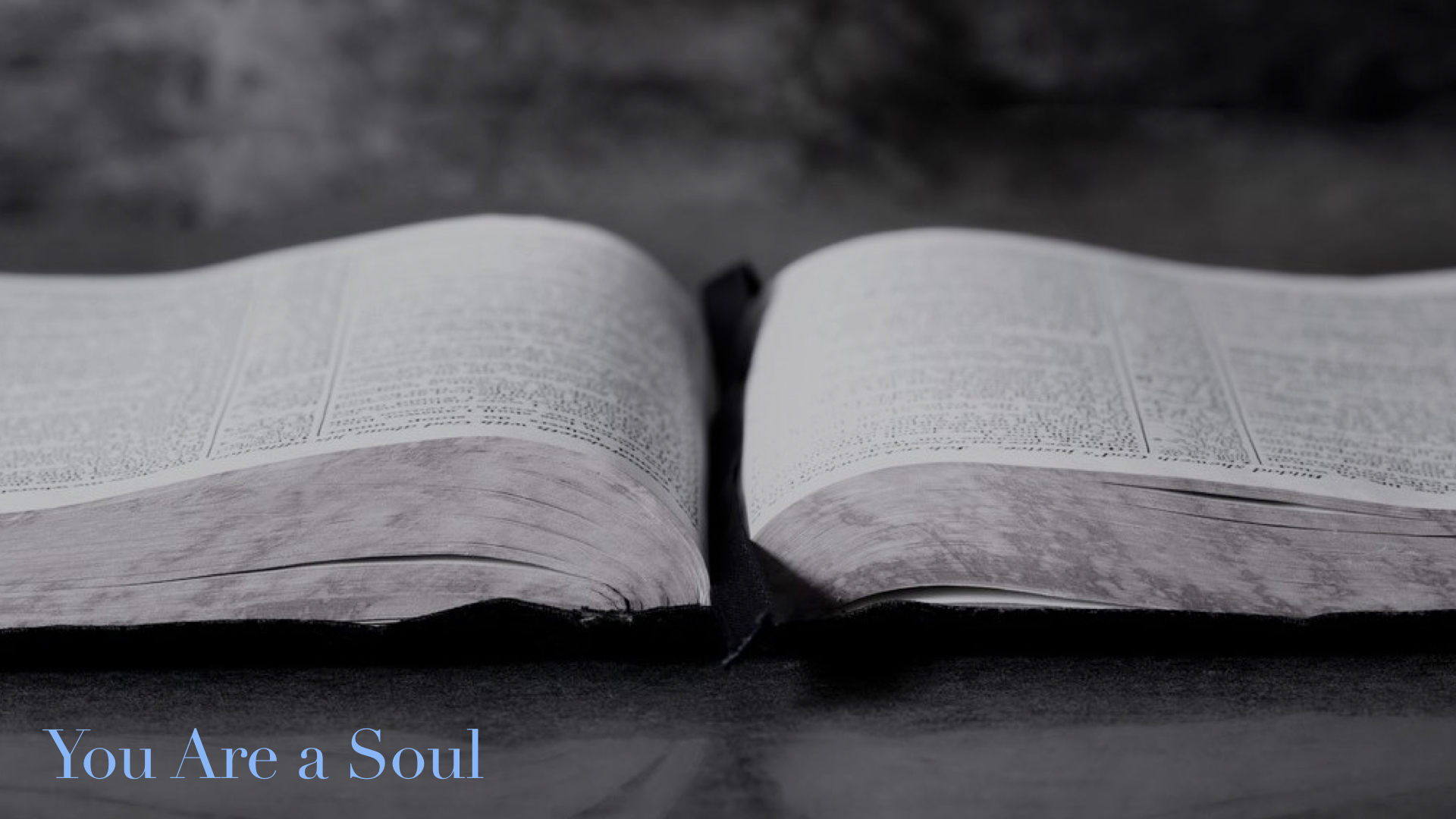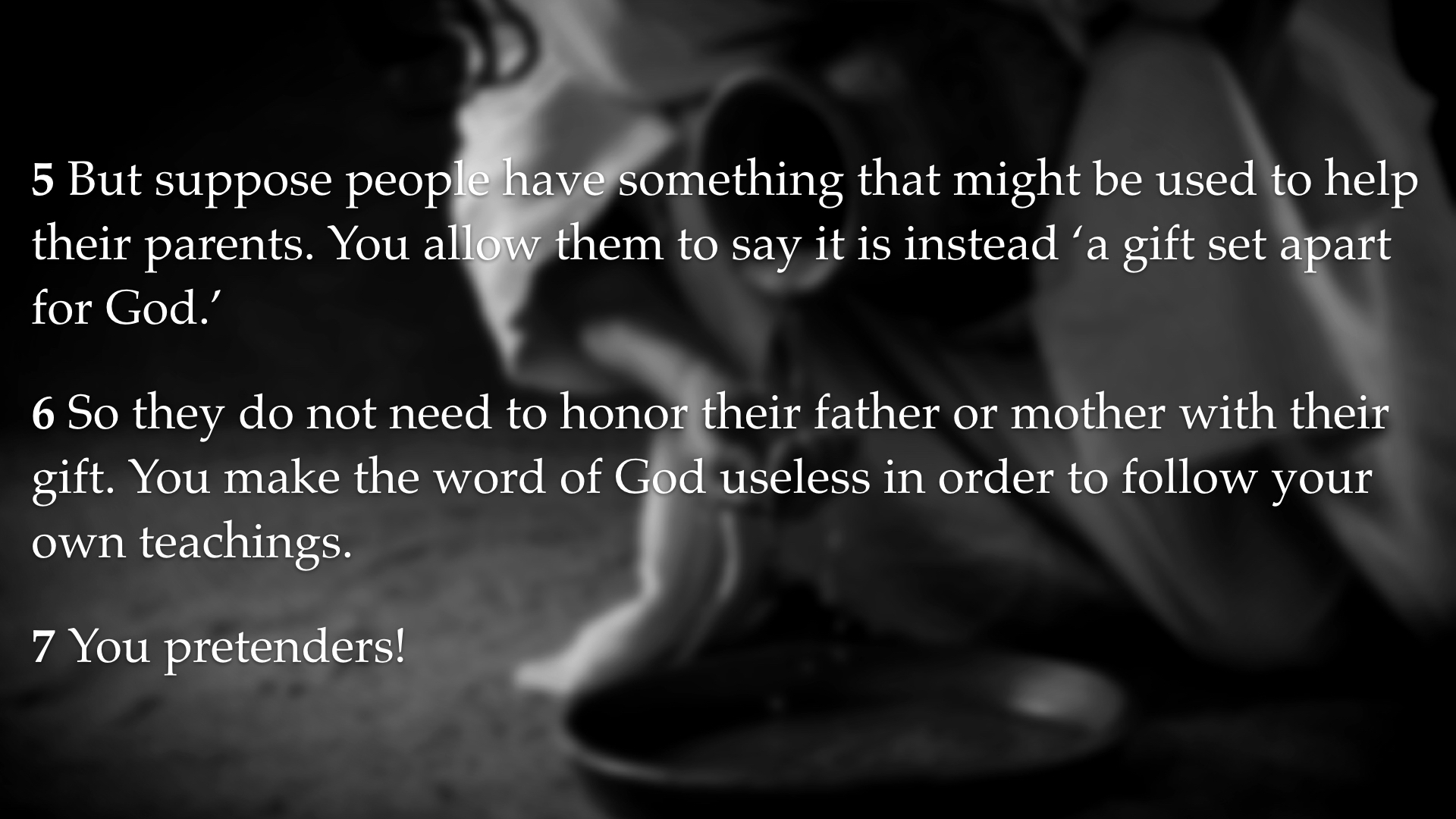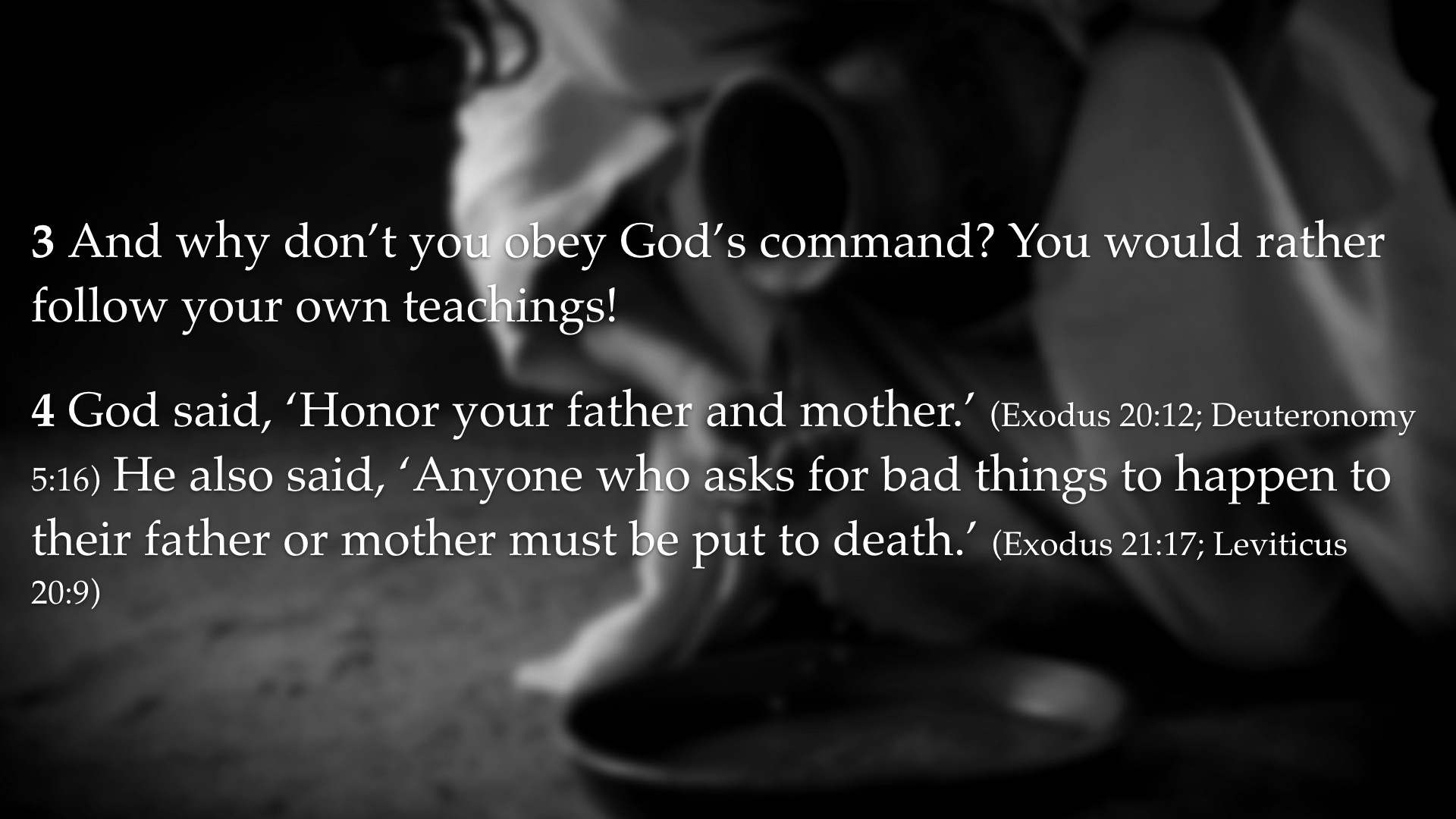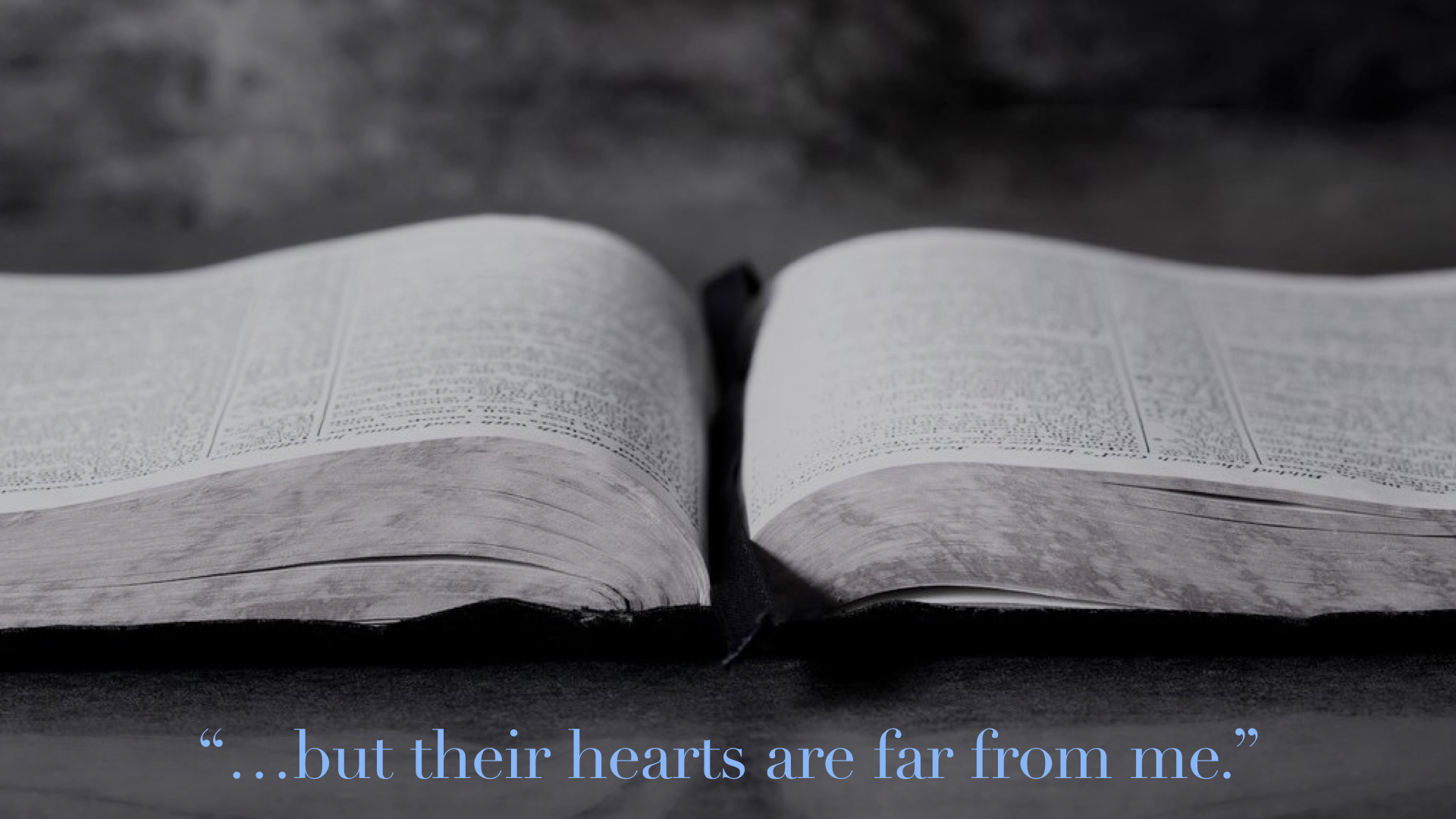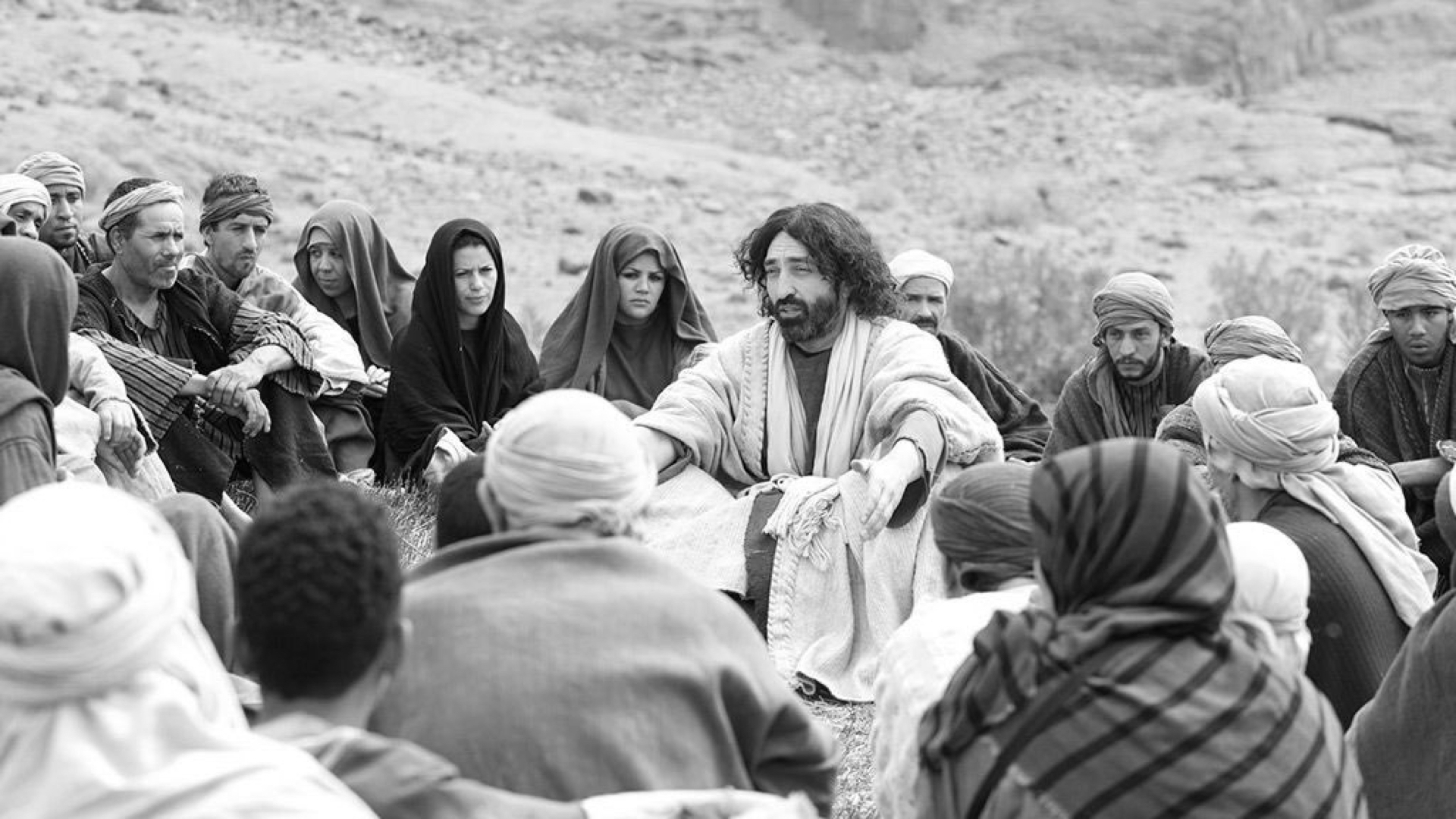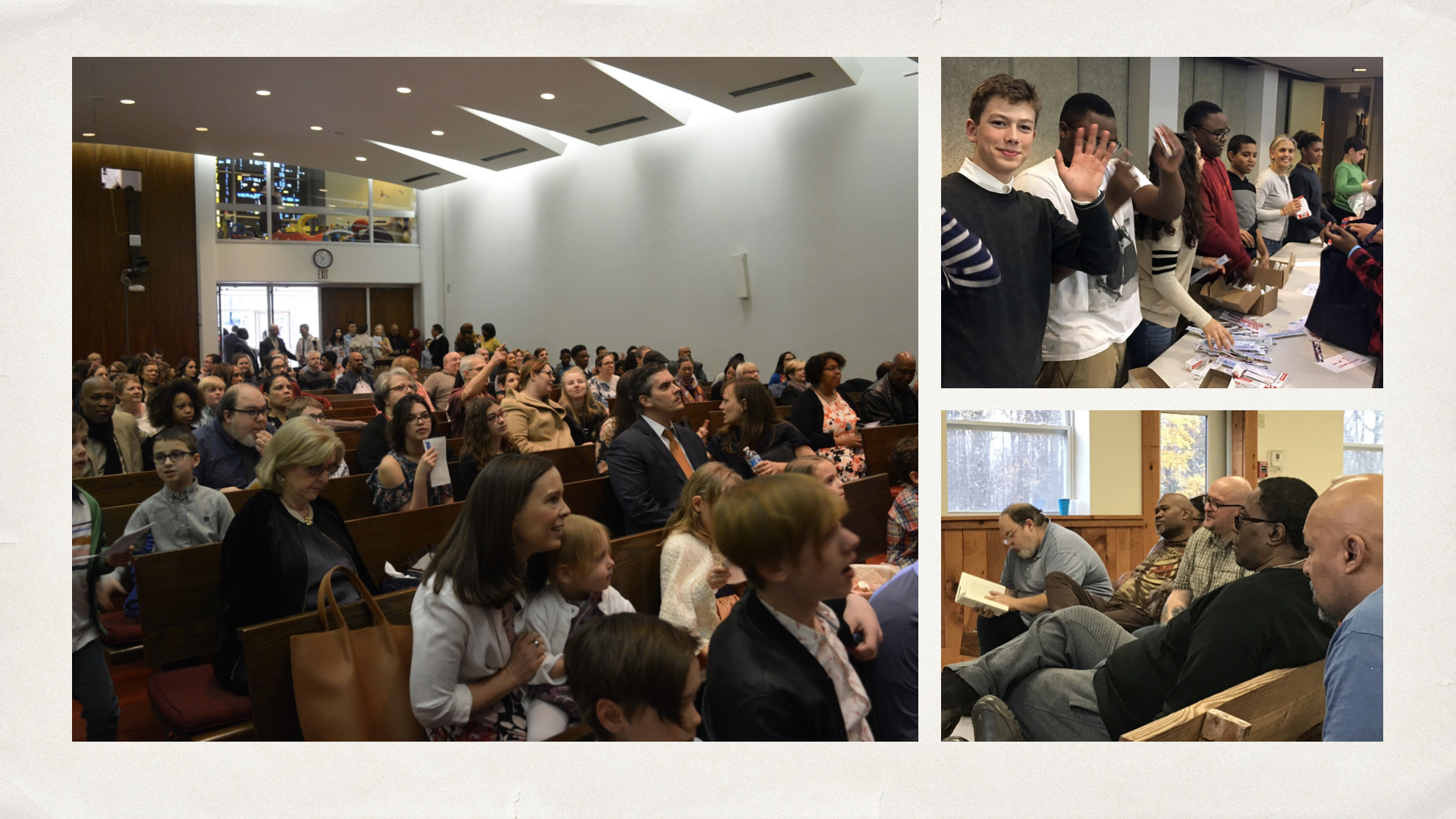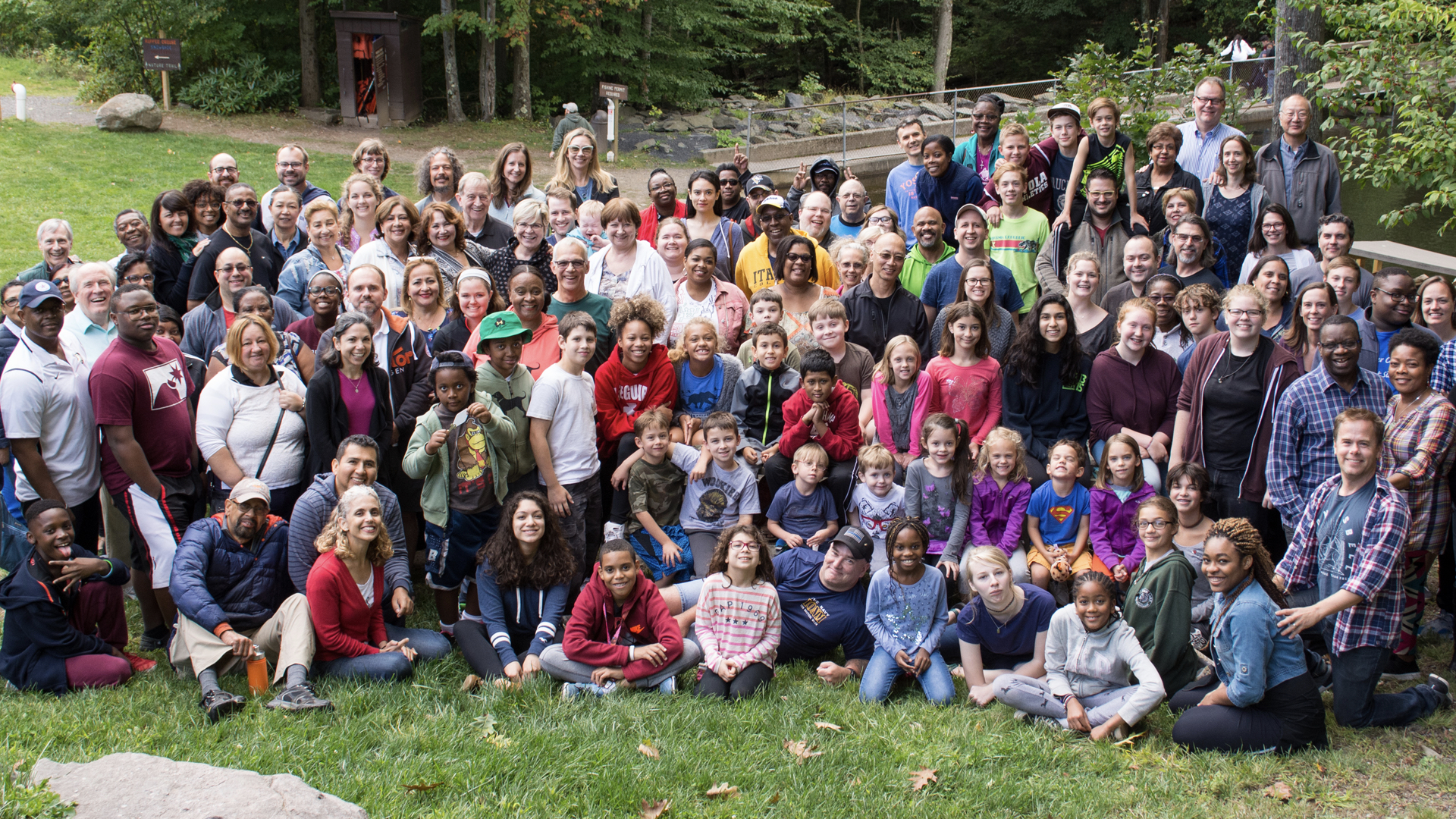The 11th Hour of the 11th Day of the 11th Month
Mark 13:6-8
The 11th Hour of the 11th Day of the 11th Month.
We arrive this morning at the hour when 100 years ago the guns fell silent at the end of the most destructive war the world had ever known: “the Great War” 1914-18.
Nearly 10 million dead or missing, 21.2 million wounded that 4 years earlier had been the pride and hope of their various nations. Armistice Day / Veterans Day.
We also are in a time of “peace” when there is a “mass shooting” on average about every day. Fires. Hurricanes. Floods. Global warming. We feel the trauma, the fragility of life, frustration at injustice, persistence of evil, the desire to know what really matters.
Jesus on the Mount of Olives looking at Herod’s Temple.
The disciples impressed with magnificence. Jesus knows the impermanence. Beware of deception. It is hard to keep clarity in the welter of “great” events. Wars and rumors of wars. Rise and fall of peoples, kingdoms. Famines, earthquakes. Evil, struggle. Things that seem cataclysmic and final aren’t. “Definitely going to happen...”
There is an end, a goal toward which God is moving, but it’s in the hands of God, not humans.
The Great War to end all Wars.
"Come, Everyone Who is Thirsty!"
Isaiah 55:1-13
True Grace, Costly Grace
This text concludes Isaiah of the Exile, 40-55, in a playful, powerful way. A water-seller’s cry! But no sale, no cost. Wine, milk, bread provided free! The people have so missed real life that they labor to eat the dust and tree bark of their self-made powers. If they could listen to another story, God’s story, everything would be gourmet! Their broken life could become really alive.
Behind this lies a complex story of brokenness and exile. God’s promise of renewal seen through God’s self-giving love embodied in the Suffering Servant. God is king renewing through a servant.
If people are going to really hear this, they must listen carefully, to grasp a new kind of Grace! We’re sure there must be a catch: God is wanting to snatch life away, fill us with guilt. True, we are guilty, but God’s aim is to share the living water, rich food of his own life with his creatures.
Israel’s Covenant and Story Extended to All People
Isaiah stresses that the God Israel knows is the only God. All other gods are human constructions. But the only God must be the God of all the world, all nations and peoples, even Persians, etc.
God’s promises extend out from Israel/David to all. A strange dance of new knowledge will come. Israel will impact peoples they don’t know and those strangers will run to a God of such grace.
A Greatness so Vast, We Struggle to See It
"He Has Carried Our Sorrows"
A Vision Planted in the Heart of God’s Story
This text in Isaiah is one of the most important in history. But it is filled with mysteries. The Ethiopian in Acts 8 shows the challenge. Great scholars like W. Brueggemann point to its difficulty. As Christians with help of Acts we hear it as a direct prediction/description of Jesus.
A text nearly 600 yrs old when Jesus lives. People puzzled. Who are the people in the poem?
God, “Arm of Yahweh,” the “many,” “nations,” “kings.” “The Servant” – is that Israel as in
Is 49:3? Or a person turning Israel back to God as in 49:5? Then “we!” Who are “we”? Israel? Those who have seen the Servant but misperceived him and now have realized a greater reality about him? Us today, now reading this text? We recognize ourselves in the “sheep gone astray”!
The Servant is in the midst of this swirl. As we see him, he is with the sinful many, bearing their sorrows and sins. He embodies God’s will and delight; he is the “Arm of Yahweh.” He is the one whom people see but do not see, hear but do not hear. Till he astonishes us by transforming us! He is God’s people but also the appalling/exalted sign for all nations. Israel and humanity. The vision uses both future verbs and past tense verbs. Is it describing past or predicting future?
"Your God Reigns!"
Isaiah 52:1-12
The Kingdom of God and a Captive People
When Isaiah of the Exile writes in about 545 b.c. nothing has yet really happened to change Israel’s situation. Yes, Cyrus the Persian is advancing, but Babylon’s empire still reigns. Even when Isaiah’s prophecies are fulfilled and Persia allows some of the exiles to return to Jerusalem, it’s not as an independent kingdom but only as a small sub-province within the Persian empire.
God pushed Israel to deal with the paradox of human power. As a kingdom, Israel had failed. Even David was not great on policies, but on knowing God as God. Corruption, injustice, idolatry became so ingrained that God abandoned Jerusalem. Now God awakens Jerusalem to beauty and captivity. Isaiah announces a new Exodus: Knowing God. God reigns as king. God intervenes.
God is king over all nations! Yes, but Israel wanted that to mean Israel is a powerful, independent empire of its own. How can God be king if He and his people don’t rule over surrounding powers.
Surprised by Jesus: Jesus at the Banquet of a Pharisee
The audio version is condensed and includes the introduction, readings, and monologues of Susanna and Simon, by Corrine Francois-Pijuan and Matt Henegar.
The Lord’s Servant and Light for the World
Isaiah 42:1-10, 49:1-6, 50:4-9
Isaiah, Exile, and a New Vision for Israel and the World
We’re focusing on Isa 40-55, but in scripture it is part of a large book spanning centuries. Israel as independent kingdom protected by God. Jeremiah, that’s past, God’s judgment by Babylon. Now a people in exile, looking forward to Cyrus of Persia, God’s chosen agent for this moment.
Who are we? What is happening, coming? Son of David bearing God’s Spirit (Is 11:1-2, 61:1-2). Son of Man = saints of the Most High receive kingdom but suffer defeat (Dan 7:13-14, 18-22)
Servant of Yahweh in Isa becomes a central focus for revelation, reflection, anticipation of the new. The Servant is Israel as a whole (Is 41), object of God’s pleasure, receives God’s Spirit. How? No longer a warring nation but healing, caring servant, uncrushed, bringing justice to nations. How?
Vision of God: Creator of earth and all people. Servant is God’s agent for covenant, new creation: Light to the nations. Healing blindness, prisoners in darkness. This is God’s glory, true God, not idols. New Event brings a New Song from ends of the earth. All peoples are called to the One God.
The Servant Sings to the World: Is 49:1-6; 50:4-9
People on the Move with God – Feast of Booths
Leviticus 23:33-44
Autumn in New York
New York has 2 new years: Jan 1 and Sept. Israel also had 2 new years: Passover and Trumpets.
God gave to Israel a cycle of Festivals and other annual days: To remember the story of God’s deliverance, how God made them a people, preserved them. To have times of communal celebration and grief. To harmonize religious life with cycles of nature through the year. Three pilgrimage feasts. Often neglected till after Exile. Great power for renewal (Ps 42).
Passover and Pentecost were permanently linked to Jesus’ crucifixion/resurrection and to the coming of the Holy Spirit: Exodus the great event of deliverance and Giving the Torah.
The Fall with New Year, Day of Atonement, and Sukkoth carried the joining of penitence and celebration (Isa 55). Entering Holy of Holies (Heb 9:24-25), Booths and water in the desert.
Jesus at Sukkoth – the Feast of Booths
Jesus travels from Galilee to Jerusalem for Sukkoth (Jn 7). People are expecting the prophet. Who is he? Messiah? His brothers don’t believe. People know about him but don’t know him. Jesus links to the Sukkoth ritual of bringing water from Siloam to the Temple.
Jesus gives Living Water (Jn 4:10)–a future unfolds of God’s Spirit/Life in us. Water in the desert!
"I wanna see Jesus!"
Mark 5:21-43, Luke 19:1-4
Deacon, Reggie Jackson preaches on Jesus in the Gospel of Mark and Luke.
*Please Note* we experienced some technical difficulties and the recorder stopped recording roughly ten minutes from the conclusion of his sermon. We apologize for the abbreviated sermon.
Embracing Each Moment: Everyday Grace in the Fullness of God
Colossians 4:2-18
Fullness in Creation, Mystery, and Community
Paul is concluding this relatively short, packed letter to the believers in Colossae, written from prison in Ephesus. It’s full of practical guidance for everyday life. Practical in the sense that Paul knows is necessary. Their roots are all alien to Paul’s message. If they’re to give their lives to this, they need to see how it makes sense of the world, their story, their relationships. Not in abstract arguments or instructions but in one person, Jesus.
Embracing Each Other: Lives Caught up by Gratitude and Love
Colossians 3:1-17
From Event and Story to Personal Reality – The New Person
Jesus’ reality means that what God did in him shapes the life of every person who trust in him.
The change is deep, becoming a new person, new creation. Deep habits and cultural customs are now seen as deadly and enslaving. We take on a new identity shaped by Jesus.
Love that Embraces – The Heart of Transformation and Maturity
Jesus’ self-giving love in the Cross shows God’s deep love. It defines the New Person in God’s image. God’s image shows in compassion, humility, gentleness, giving Grace to each other.
Love embraces all these changes. Because it’s God’s life, it is the deepest maturity, perfection.
Thanksgiving – God’s Peace shaping our Actions and Experiences
The experience of this New Person brings peace, even in hard experiences. The message/ mystery of Christ feeds our hearts and heads on the deepest level with rich abundance.
We become people of gratitude, shaped into one body, embracing each other in thanksgiving.
Embracing the Mystery of Christ: Treasures of Wisdom and Knowledge
Colossians 1:24-2:7
What is all of this about “Mystery”?
Paul writes to Believers he’s never met, encouraging them to the fullness of life in Jesus. In a hymn Paul expressed its vast scope: First, all of physical/spiritual creation is embraced in Jesus as creator and incarnation. Then all of human experience, as he dies and, in God’s Fullness, brings new creation out of death to reconcile the universe to God in Jesus.
This is a surprising, challenging event/narrative. Something pointed to but never fully seen before it became reality in Jesus, his life, teaching, crucifixion, resurrection, and meaning. It is “hidden” for ages as God’s Mystery (M, mysterion), his unique, unexpected way of embracing his creation. God’s kingdom should be glorious, overwhelming, not lowly, hidden, dying. But ironically that obscure, crucified Jesus brings God’s powerful, reconciling love to his whole world, both Jews and all nations, creating a new reality.
Embraced in the Heart of the World: "In Him the Universe Holds Together"
Colossians 1:12-20
Letter to a New Church: Who are We, You and I?
Paul is pacing up and down in prison (with Aristarchus, probably in Ephesus). He’s writing to believers he’s never met, a church taught by his co-worker Epaphras in the city of Colossae east of Ephesus, close to other cities of Hierapolis and Laodicea. Paul has been dealing with crises in Ephesus (2Cor 2:8-10) and in Corinth and Galatia. He is sending this letter to a Gentile community, by Tychicus (“Lucky”) and Onesimus (“Useful”), an escaped slave, now a believer, returning to Philemon, who is part of the community. A lot at stake.
Paul could write some simple encouragements and instructions as an apostle. He does encourage and instruct, but there’s nothing superficial about Colossians.
New Jerusalem – Open for Life
Revelation 19:11-22:21
Visions moving toward Consummation
John writes to Christians in small communities under pressure of persecution and compromise, living within the all-encompassing culture of Roman imperial culture and claims of greatness.
John saw vivid visions of evil, corruption, and powers of Death in the Serpent-dragon/Accuser, Wild beast, False prophet, Great Harlot. Not people but embodiments of Death, deception, violence, empire, wealth, etc. He saw the fall of the Harlot, Rome’s empire, now powerful.
His final visions show him the outcome. The Harlot, one empire. The Beast, all empires. The Dragon, all forces of deception and Death. The last enemy Death itself. Opposite God’s Life.
Destroying the Destroyers of the Earth
Revelation 15:5 - 19:10
The Passion and the Wrath of God
John’s visions lead us through cycles of 7 looking at the world in different ways, unfolding images of its deceptive appearance and deep, corrupt reality. Seeing the Gospel as Counter-Reality.
We see a door to God’s throne, the slain Lamb. Seals reveal human destructive forces, earth’s response and what it means. Trumpets show the failure of a destructive vengeance and the pattern of following the Lamb. What does God want? His passion is to save his creation from destruction, to give life! The other side of that is to stop/destroy the destroyers of the earth.
John sees this in the vision of the Serpent-Dragon/Satan, the Wild Beast, the Second Beast (false prophet). The dragon defeated from heaven, rages on earth. The Beast, forces of empire. The Second Beast deceives the world: Power, wealth, violence are the only reality. The mark.
Babylon – Imperial City, Great Harlot, Riding the Beast
A Woman, a Dragon, & a Beast from the Sea
Revelation 12:1-15:4
Woman Bringing Life, Dragon Inflicting Death – Two Kinds of Struggle
John has led us through a Vision of Jesus; Letters to 7 strong/weak, struggling, persecuted churches; Vision of door opening on God’s throne, creatures, elders, scroll, hero/slain lamb; Seals: human evils, earth’s response, cowering power, great multitude; Trumpets: failure of avenging, path of faithful witness, death, resurrection like Jesus, triumph of God’s kingdom.
Now the most vivid vision runs through second half of Rev. Conflict between God, creator of physical world and life, and all forces of death, deception, “destroyers of the earth” (11:18).
Seals & Trumpets: Tribulations & Triumph
Revelation 6-11
The Power of Visions – Sevens and Cycles
John is given visions to recount. We hear and see through his words. His visions stress Sevens: churches, seals, trumpets, visions of conflict, bowls. Are the 7s a sequence predictions– our past or our future? Deciphering a code. Neither would mean much in Ephesus, even today. Revelation isn’t a divination book to foretell events. It is vision to see again things we know.
The Seals & Trumpets suggest that the 7-visions are different ways of looking at the same great story. The Gospel is already there in the Throne vision in the Lion-hero who is a slain Lamb. The Seals & Trumpets build expectations, but the interludes redirect our understanding.
One power of extended visions is to look at the drama of God’s story from different points ofview and to play out differing possibilities. The visions challenge what John’s readers want and expect – including us. They push us to see the Gospel’s distinct truth amidst conflict.
Visiting the Throne of God
Revelation 4-5
Stepping into the Realm of God – The Ancient Story
John began with a vision of Jesus glorified (ch 1). Then Jesus’ letters to Seven Churches (ch 2-3). Amazing promise to struggling believers: “Those who conquer, I will grant them to sit with me on my throne, as I also conquered and sat with my Father on his throne.”(3:21) John is invited to begin to learn what this means. A door opens, Jesus invites, John steps through.
A vision experience of God’s throne like Ezek 1 or Isa 6, but distinct. God is “One seated on the throne” described like gems, rainbow, lightning. Torches of fire – Spirits of God. Crystal Sea.
Vision widens. Twenty-four elders: humans, gold crowns like high priest. 12+12, people of God. Four “living creatures” (animals), eyes all over: like Isaiah’s seraphs, 6 wings; like Ezekiel’s cherubim: lion, ox, human, eagle (later 4 Gospels.) Their worship identifies God’s nature.
The Honor of Jesus
In Matthew 15:1-20, Jesus confronts the Pharisees and challenges everyone around him to be people who bring their hearts in line with their words of devotion to God. Jesus wants them to be whole persons. In quoting Isaiah Jesus brings to their minds what hollow honor looks like.
In the ancient world, honor was a matter of public recognition, zero-sum transaction, and heavily bound in the face to face nature of society. If one person has honor it has been taken from someone else. And it is incumbent on the recipient of honor to have that honor recognized publicly.
In our world, we live in a “face to space” culture. That is a culture which values individualism and space. Honor is oriented bestowed upon the individual based on the values of a society built on meritocracy. The more successful the person is, according to the values of the culture, the more honor is bestowed upon them.
In speaking to some of the most religiously observant believers of God, Jesus wants to take them to a place of greater authenticity. He wants to bring their hearts, inline with their words, in the service of serving others. Jesus wants his followers to be people who are shaped by their connection and love for God, rather than formed by their adherence to the religious institutions and instructors of the day.


